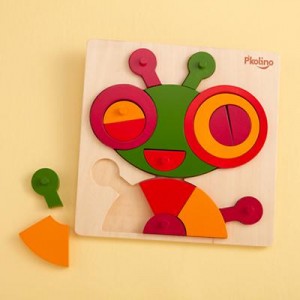Helping your child to develop kindergarten readiness doesn’t have to be a puzzle. Did you know that giving your child some puzzles to play with can encourage learning in many ways? Here is just a short list of learning activities with puzzles:

- problem-solving strategies
- fine motor coordination,
- comparing, matching, reasoning
- sequencing, patterning,
- visualizing and visual perception,
- emotional control and regulation
- part-to-whole relationships,
- memory,
- goal-setting (finishing the puzzle), perseverance
- figure-ground awareness,
- attention and focusing,
- patience, and language stimulation.
The task of connecting pieces is also happening in the brain, with all kinds of learning connections being made. Puzzles come in easy shapes with only a few pieces to extremely challenging ones with hundreds of pieces. For grown-ups who want to play there are ones with thousands of pieces and 3 dimensions. For both genders and all ages, puzzles can help brain development.
Just a quick walk through the toy store showed some wonderful puzzles all about bugs. Good puzzles can out-last many little hands. Garage sales often have some wonderful puzzles and terrific bargains. Does your child like to play with puzzles?
